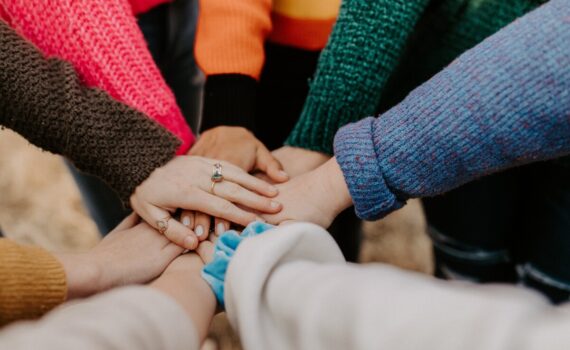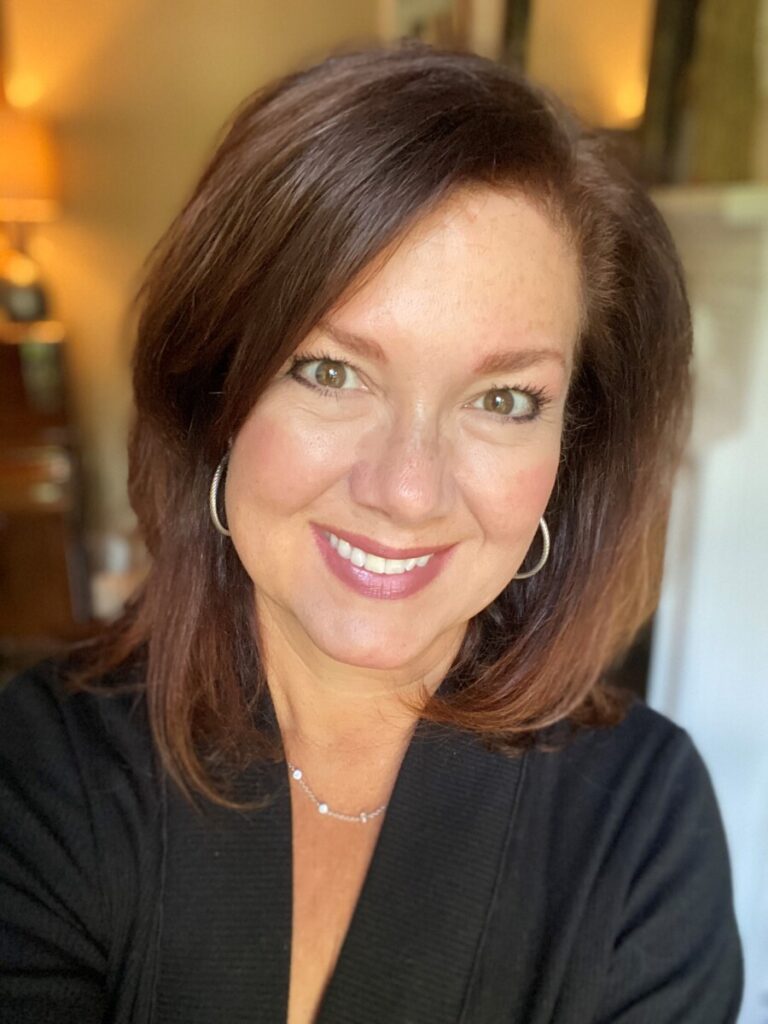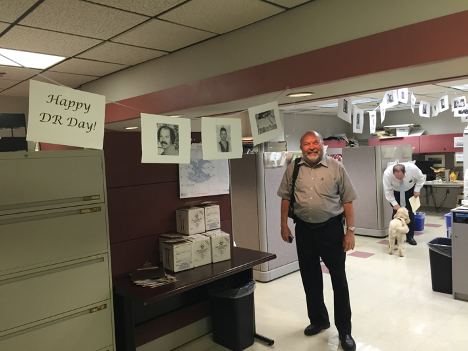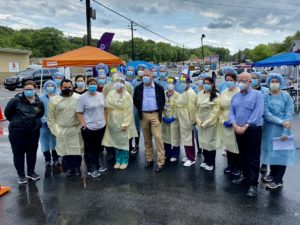SCOTUS Decision to Overturn Roe v. Wade
Category : PROspective
Co-authored by Dr. Jodie Guest, Vice Chair of the Department of Epidemiology, Dr. Michael Kramer, Director of Emory’s Maternal and Child Health Center of Excellence, and Dr. Tim Lash, Chair of the Department of Epidemiology.
Bodily autonomy, including reproductive choices, is a fundamental human right. Abortion is an essential type of healthcare that has been constitutionally protected as a privacy right in the United States for fifty years. These same constitutional privacy protections underlie many important freedoms that had previously been denied equal protections under the law. The recent decision to overturn Roe v. Wade reverses an important federal right protecting all US people who can become pregnant, upwards of 70 million people, and will trigger an extensive public health crisis. This crisis will disproportionately adversely affect those who have been historically marginalized, such as people of color, adolescents, and the socioeconomically disadvantaged.
The US already has the highest pregnancy-related mortality risk of all high-income countries, a risk that has been increasing for two decades while decreasing globally. There are stark differences in pregnancy-related mortality risk in the US, as risks are highest among Black people who are pregnant, rural communities, and in the southeast. States that had restricted abortion access prior to the reversal have experienced a 38% increase in pregnancy-related mortality from 2007-2015, reaching a risk twice that of the already elevated risks suffered overall in the US.1 Denying access to abortion also creates economic hardships, such as food insecurity and unstable housing,2,3 that lasts for years, further stressing health and wellbeing. Children born as a result of abortion denial are more likely to live below the poverty level, more likely to miss developmental milestones, and more likely to be raised without family support.2,4 The Supreme Court reversal will likely cause the epidemic of pregnancy-related deaths and hardships already seen in the US to escalate rapidly, and to exacerbate health inequities in the US over many generations.
We offer the following resources assembled by experts at the Society for Epidemiologic Research for those who want to learn more.
Some of the darkest stains on the US constitutional aspirations have come from ink spilled by its Supreme Court. Information is power, but these past tragic decisions tell us that we should be clear-eyed about the long road ahead to restore this fundamental right to protect all people who can become pregnant in the US. As public health researchers and practitioners, we must be focused and determined to combat this public health crisis.
References
- Hawkins SS, Ghiani M, Harper S, Baum CF, Kaufman JS. Impact of state-level changes on maternal mortality: a population-based, quasi-experimental study. February 2020. American Journal of Preventive Medicine, 58(2):165-174.
- Foster DG, Ralph LJ, Biggs MA, Gerdts C, Roberts SCM, Glymour MA. Socioeconomic outcomes of women who receive and women who are denied wanted abortions. March 2018. American Journal of Public Health, 108(3):407-413.
- Miller S, Wherry LR, Foster DG. The Economic consequences of being denied an abortion. January 2020. The National Bureau of Economic Research, NBER Working Paper No. 26662.
- Foster DG, Biggs MA, Raifman S, Gipson JD, Kimport K, Rocca CH. Comparison of health, development, maternal bonding, and poverty among children born after denial of abortion vs after pregnancies subsequent to an abortion. September 2018. JAMA Pediatrics, 172(11):1053-1060.




Recent Comments